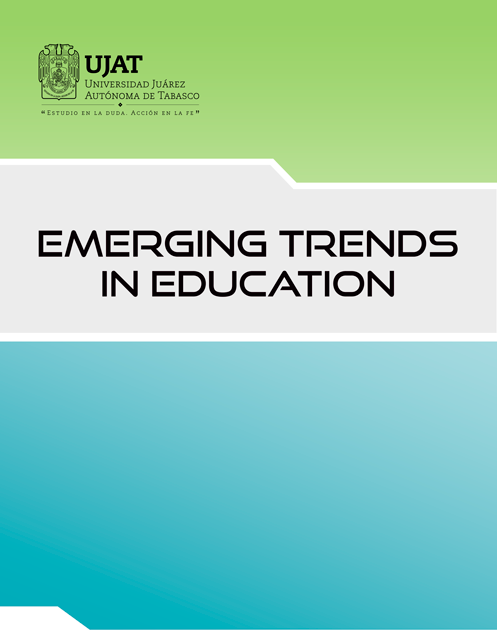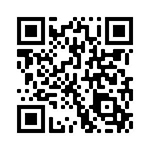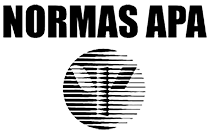Diagnosis of the need for the formation of educational competences for science communicators
DOI:
https://doi.org/10.19136/etie.a6n12.6002Keywords:
educational competence, disseminators, science communicationAbstract
The present work is the result of scientific research with a descriptive scope, on the need for the formation of educational skills for the communicators of science. Every analog or digital process and activity, of science communication, must be based on two pillars: education and communication. The methodology was quantitative, the questionnaire was answered by 115 disseminators distributed in the 32 federal entities; the questions focused on knowing the educational competences, their training around the pedagogical models, the didactic strategies they apply in their activities, the knowledge about the communicative processes, etc. As a result, there is a need for training in educational performances; the application of educational strategies in the analog and digital communication of science activities, this due to the requirement of training in this area; most only have disciplinary training. A very basic training focused on the area of communication was also expressed through activities such as talks, presentations and conferences. In the years 2020, 2021 and 2022, training and updating were reduced. Training in educational skills is necessary for disseminators, in order to achieve the goal of meaningful learning, the real social appropriation of science, especially for the most vulnerable groups.
References
Acevedo Blanco, A. C. (2018). Modelo Pedagógico en la modalidad de Educación Mixta para el Nivel de Posgrado. Universidad Pedagógica Experimental Libertador.
Bernardino López, S., Moctezuma Hernández, P. y Mungaray Lagarda, L. (2018). Cimarrones en la ciencia y la tecnología. Una exitosa experiencia mexicana de divulgación científica. Interciencia, 43(9), 619-629.
Garrido Quintanilla, C. A. (2021). Desarrollo humano, pedagogía y neurociencias en el modelo educativo actual. Ciencia Latina Revista Científica Multidisciplinar, 5(4), 4322-4331. https://doi.org/10.37811/cl_rcm.v5i4.623
Navarro Zamora, L. (2019). La Comunicación de la Ciencia. Miradas interdisciplinarias con responsabilidad social. Colofón.
Navarro Zamora, L. y De Lara Bashulto, F. (2011). Teoría General de la Comunicación. Recorrido histórico. Razón y Palabra, 74, 1-13.
Ortiz Granja, D.(2015). El constructivismo como teoría y método de enseñanza. Sophia, Colección de Filosofía de la Educación, 19, 93-110 .
Secretaría de Educación Pública [SEP] (2023). https://www.gob.mx/sep.
Viñoles, M. A. (2013). Conductismo y constructivismo: modelos pedagógicos con argumentos en la educación comparada, HummanArtes. Revista Electrónica de Ciencias Sociales y Educación, 2(3), 7-14.
Organización de Estados Iberoamericanos [OEI] (20219. Ruta pedagógica 2030. OEI.
Organización de las Naciones Unidas para la Educación, la Ciencia y la Cultura [Unesco] (2022). Tendencias mundiales en libertad de expresión y desarrollo de los medios. Informe mundial 2021/2022. https://www.unesco.org/reports/world-media-trends/2021/es/welcome
Tünnermann, C. (2008). Modelos educativos y académicos. HISPAMER.
Valdiviezo Abad, C. y Bonini, T. (2019). Automatización inteligente en la gestión de la comunicación. Doxa Comunicación, 29, 169-196. https://doi.org/10.31921/doxacom.n29a9
Downloads
Published
Issue
Section
License
Copyright (c) 2024 Emerging Trends in Education

This work is licensed under a Creative Commons Attribution-NonCommercial-NoDerivatives 4.0 International License.





























